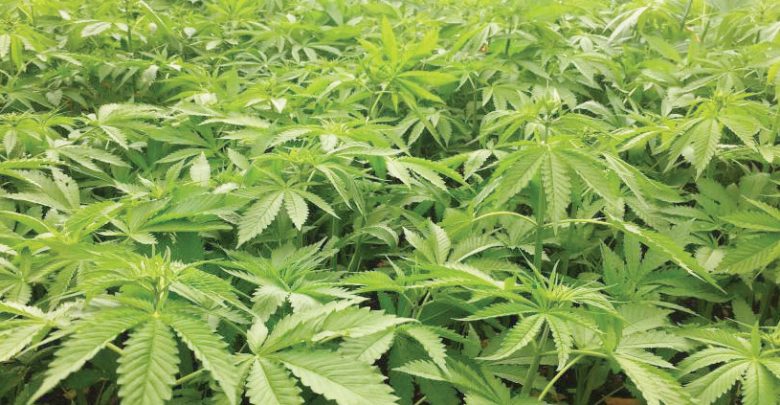
Cannabis licencees yet to start production

The Cannabis Regulatory Authority (CRA) has sad out of the 69 firms which were licenced to cultivate and trade in industrial and medicinal hemp, only four have commenced production.
Cannabis was certified in Malawi to be cultivated for industrial and medicinal use following passing of its law last year.
The regulatory authority has, however, attributed the low number of firms who have moved to, start production to among other things, the need for intense investment.
In an interview last week, CRA Director General Ketulo Salipira said the business requires massive investment and that most businesses and cooperatives were still setting up facilities and processes necessary for production.
He said he was hopeful that the other licence holders would begin production shortly.
“For the cooperatives, especially those that are getting into industrial cannabis production, most of them are waiting for the rainy seasons because they may not afford to put up irrigation structures; so, we believe, as the rainy season begins, we should have a surge in the numbers that are going to begin production,” Salipira said.
He added that, as at now, the authority had received 30 more applications to be considered for licences.
Earlier this year, President Lazarus Chakwera urged stakeholders to switch to high-growth crops like cannabis because the country’s leading foreign exchange earner, tobacco, was weakening.
One of the firms given a licence to venture into cannabis production is Invegrow.
Invegrow Director Nebert Nyirenda said the commodity has the potential to outperform tobacco because the whole plant has different uses that can be exploited.
“Looking at Malawi and the sort of enterprising culture that is here, we should be able to make it. There are many other opportunities within the value chain that are important in order to grow the industry and create jobs,” Nyirenda said.
As at April 2021, the media reported that an analysis by Invegrow found that a kilogramme of industrial hemp could fetch $1,444 and that there was potential for direct annual benefit for Malawians in excess of $135,440,973 on 16.5 hectares or $8,803,663 per five hectares.
SOURCE: THE TIMES GROUP